The United States has removed bounties on three senior Taliban figures, including Sirajuddin Haqqani, Afghanistan’s Interior Minister and leader of the infamous Haqqani network, marking a significant shift in policy.
The question that rises is what US President Donald Trump’s administration has in mind vis-à-vis it’s decisions for or against the interim Taliban government in Afghanistan.
A News18 exclusive has reported that Washington may prepare to re-engage with the Taliban, going as far as reopening its embassy in Kabul.
This development is reportedly motivated by the need to counter any Chinese or Pakistani influence in the South Asian nation, while also curbing the spread of ISIS-K.
The report also stated that the US has unfrozen approximately $3.5 billion in Afghan central reserves for the Afghan interim government. Reports of back-channel communication between the US and the Haqqani network have also surfaced.
A ‘forget what is done’ policy?
Also affected by US’ bounty removal decision are Abdul Aziz Haqqani and Yahya Haqqani, both of whom are relatives of Sirajuddin Haqqani.
Haqqani, who has been under UN sanctions since 2007, is known for his involvement in deadly attacks against US and coalition forces, including the 2008 Kabul Serena Hotel bombing that killed six people, among them an American citizen.
His network has also been linked to kidnappings, extortion and other criminal activities. Despite the US removing his bounty from the Rewards for Justice website, the FBI still lists him as wanted.
Interior Ministry spokesman Abdul Mateen Qani confirmed the decision, stating that the removal of bounties signalled a shift in US engagement with the Taliban.
Afghan Foreign Ministry official Zakir Jalaly further described the move as a step toward a more “pragmatic and realistic engagement” between the two governments.
A strategic move following US prisoner release?
The US decision comes just days after the Taliban released an American citizen, George Glezmann, who had been held captive for more than two years.
Glezmann, a Delta airline mechanic from Atlanta, was abducted in December 2022 while travelling as a tourist in Afghanistan.
The US government did not exchange any prisoners in return for his release, and US Secretary of State Marco Rubio described it as a “positive and constructive step.” He also acknowledged Qatar’s role in facilitating the negotiations.
The Taliban’s Foreign Ministry confirmed that Glezmann’s release was granted on “humanitarian grounds” and reiterated that “dialogue, understanding, and diplomacy” are the best avenues for resolving issues.
Glezmann is the third US citizen freed by the Taliban since January, reinforcing the belief among analysts that such prisoner releases may be part of a larger effort by the Taliban to achieve diplomatic normalisation.
How is Taliban being accepted globally?
Since taking power in August 2021, the Taliban has faced international isolation, particularly due to their policies on women’s rights and restrictions on freedoms. However, in recent months, they have achieved key diplomatic breakthroughs.
China was the first country to formally accept a Taliban diplomat as Afghanistan’s ambassador in January 2024, followed by the United Arab Emirates in August.
Russia has hinted at removing the Taliban from its terrorist organisation list, and Uzbekistan sent its prime minister to Kabul, marking the highest-level foreign visit since the Taliban’s takeover.
Meanwhile, the Taliban claims that about 40 Afghan embassies and consulates worldwide are now operating under their control, shifting the balance of Afghanistan’s diplomatic presence abroad.
Norway was one of the most recent countries where the Taliban announced it had taken control of the Afghan embassy.
In June 2024, the United Nations secured Taliban attendance at an Afghanistan conference by deferring discussions on women’s rights, indicating that some global institutions are willing to engage with them despite their controversial policies.
Reports suggest that India may soon accept a top Taliban representative, marking a significant shift in its diplomatic stance toward Afghanistan.
Is the US moving toward diplomatic engagement with the Taliban?
Despite increasing global acceptance of the Taliban in diplomatic circles, Washington has remained cautious. While the US has met with Taliban representatives through backchannel diplomacy, it has not formally recognised the group as the legitimate government of Afghanistan.
The Taliban’s strict policies, particularly those restricting women’s rights, remain a major point of contention.
Ibraheem Bahiss, an analyst at the International Crisis Group, sees the lifting of bounties as a calculated diplomatic overture. “For the Taliban, the removal of sanctions is more important than official recognition. Sanctions bite. They inhibit your ability to do business, to travel. That’s why they would celebrate this as a victory,” he told AP.
While official recognition might not be on the immediate horizon, Bahiss suggests that such small diplomatic gestures indicate a potential thaw in US-Taliban relations.
“The US is showing that it can reward those who make compromises, even if these compromises don’t necessarily translate to national policy,” he added.
The Taliban’s global normalisation efforts have not been without challenges. While some leaders, like Sirajuddin Haqqani, have gained some level of international engagement, Taliban supreme leader Hibatullah Akhundzada remains highly isolated.
Reports suggest that Akhundzada could face charges at the International Criminal Court for the Taliban’s persecution of women under his leadership.
The US is yet to formally embrace the group, but its recent actions suggest a shift away from total isolation. The transactional nature of recent diplomatic moves seem to be shaping the evolving relationship between Washington and Kabul.
With inputs from agencies


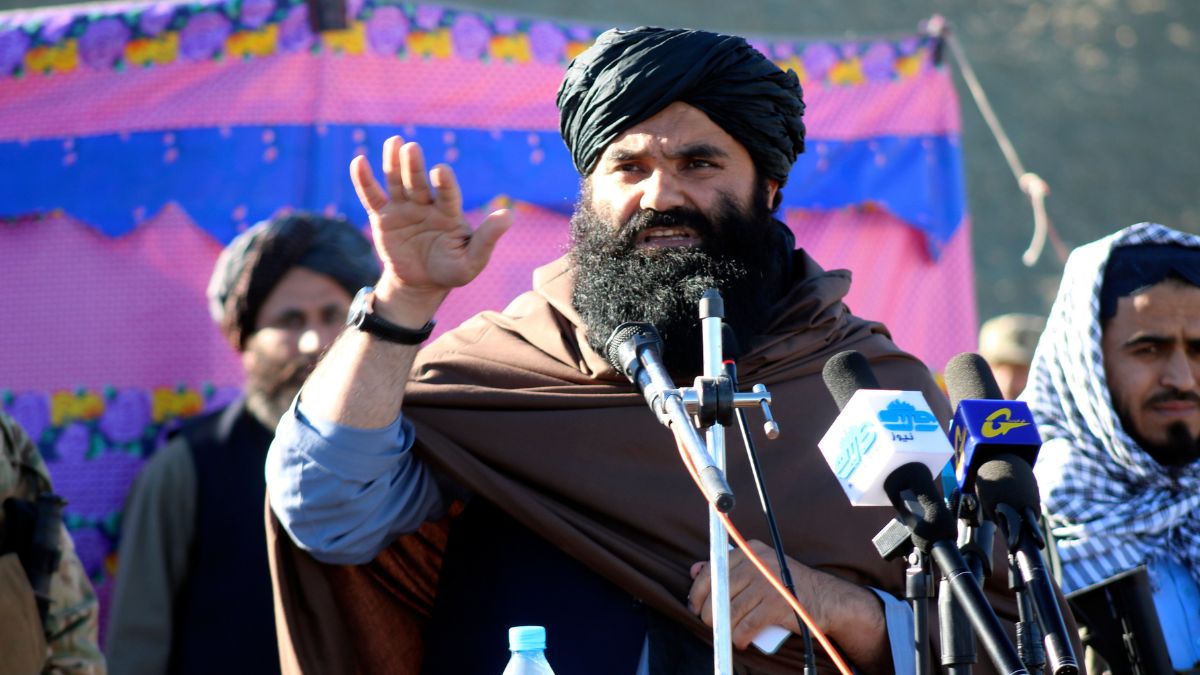)

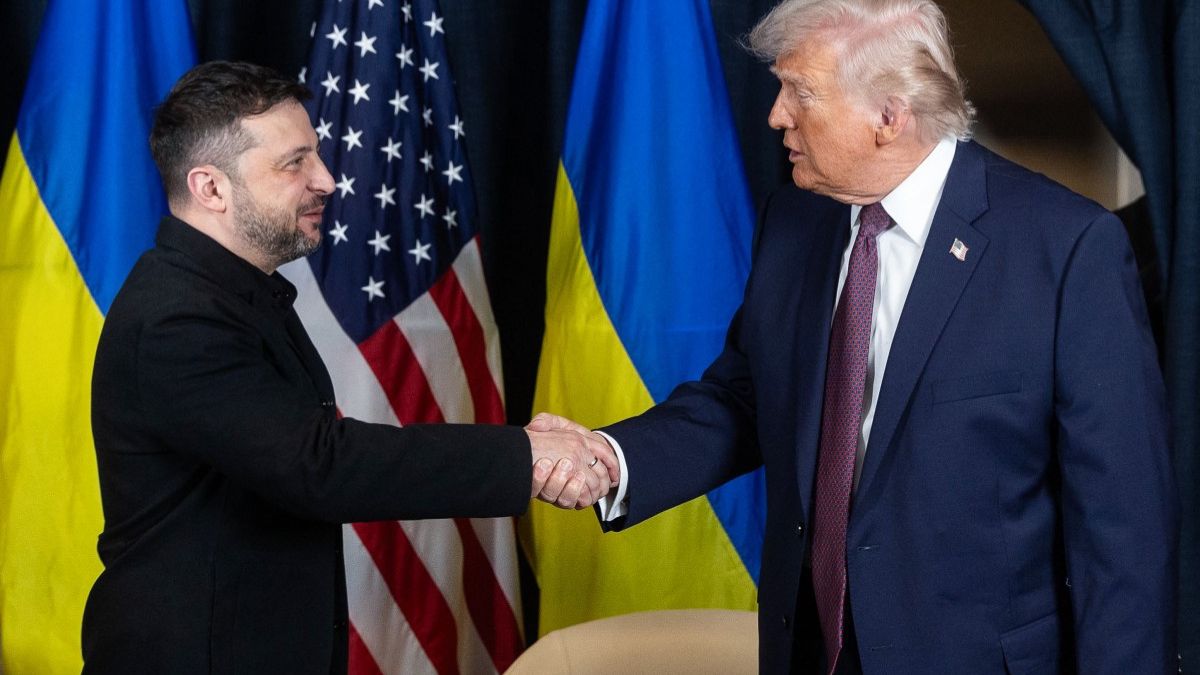)
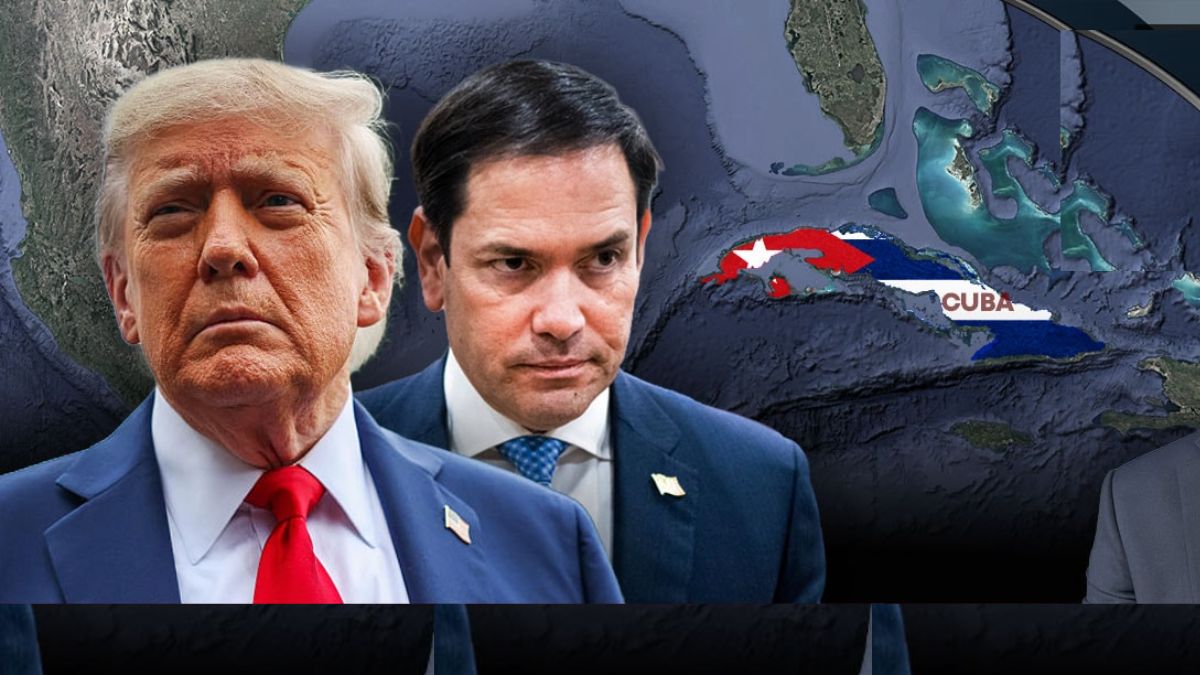)
)
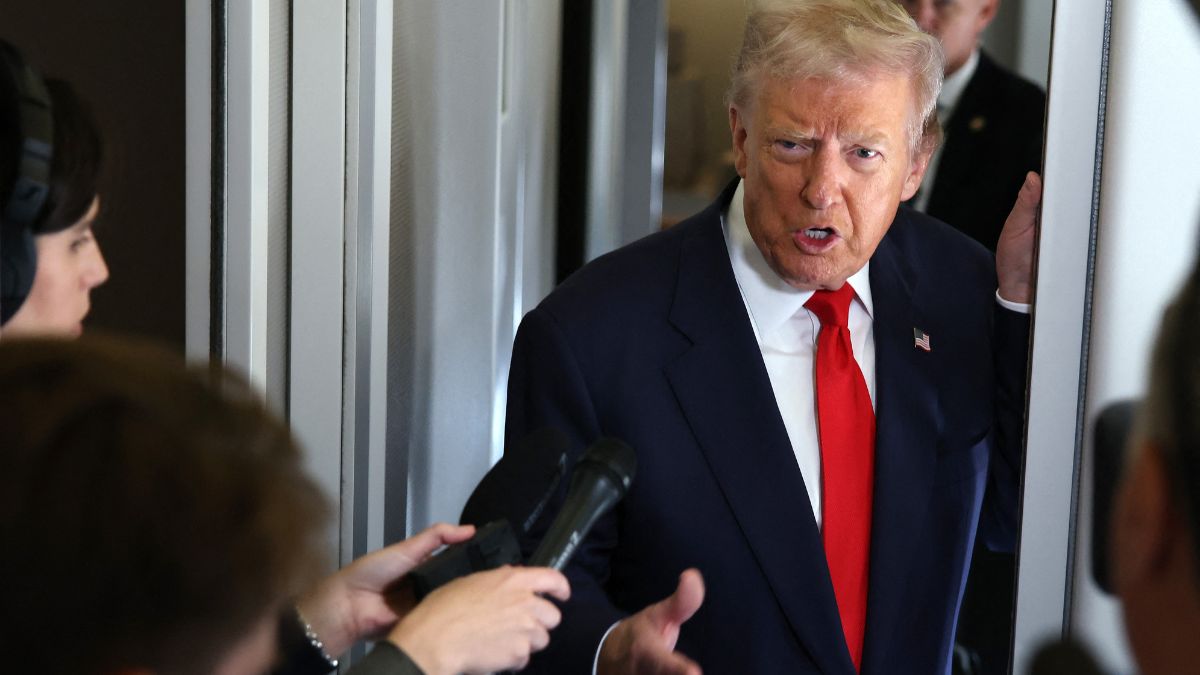)
)
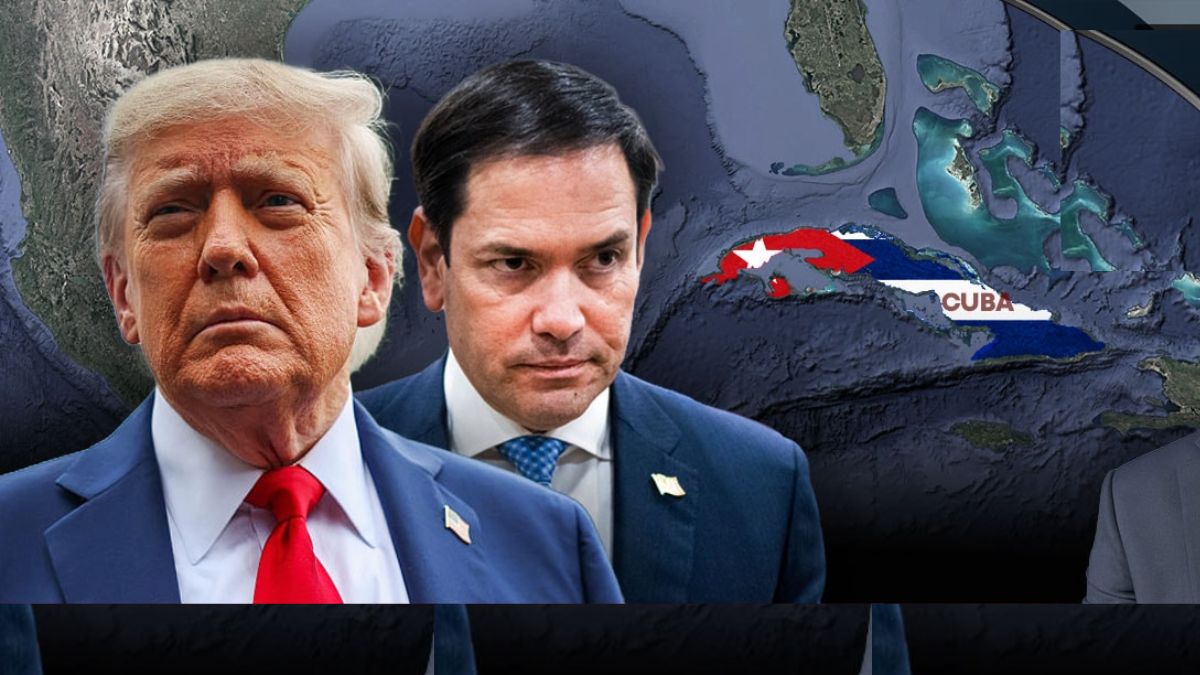)
)
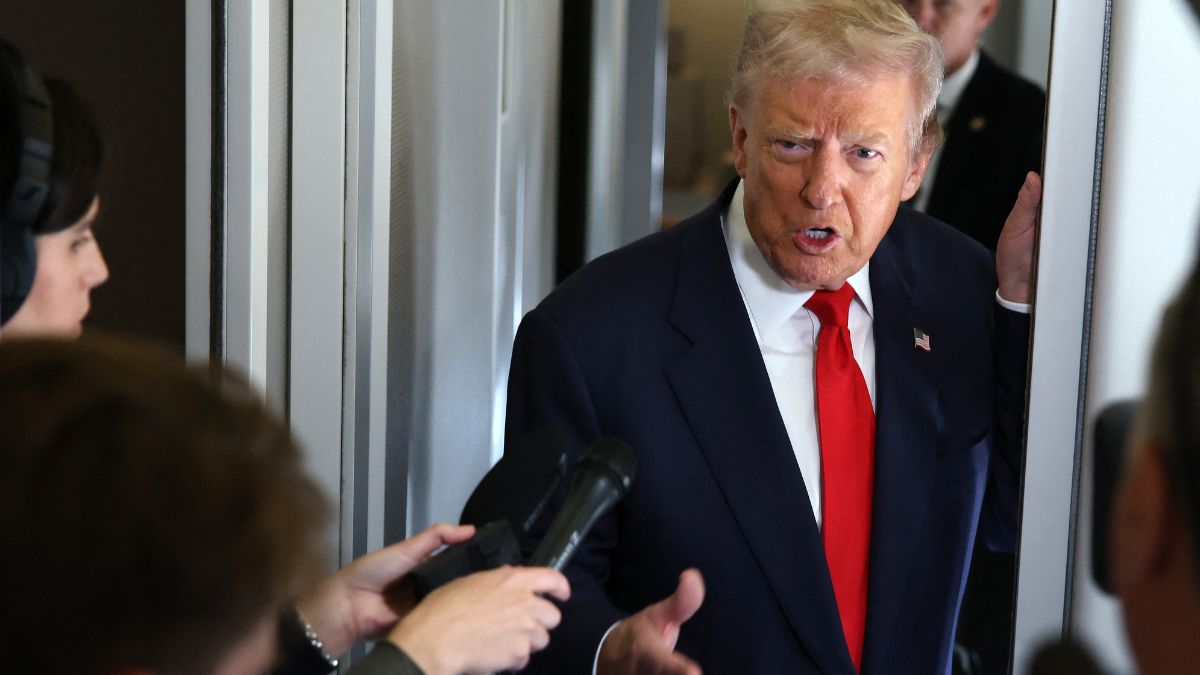)



